Introduction:
Step into the enchanting world of organic farming, where the journey begins with the tantalizing allure of perfectly ripened tropical fruits – nature's candy cultivated by dedicated organic farmers. In this exploration, we'll trace the historical roots of organic farming, understanding the terminology that defines its principles. From crop diversity to soil management, weed control, and livestock integration, organic farmers employ methods that prioritize harmony with nature.
As we navigate the landscape of organic farming, we'll unveil the stringent standards and regulations that guide certified organic practices, touching upon the USDA organic regulations and the National Organic Foods Production Act. Additionally, we'll address frequently asked questions, offering a comprehensive view of organic farming and its impact on the environment and human health.
Join us on this journey as we not only unravel the secrets behind perfectly ripened tropical fruits but also equip farmers with the resources needed for success. Together, we'll delve into the essence of organic farming – a sustainable and holistic approach that goes beyond sweetness to nurture both the earth and its inhabitants.
Organic Farming: A Historical Overview
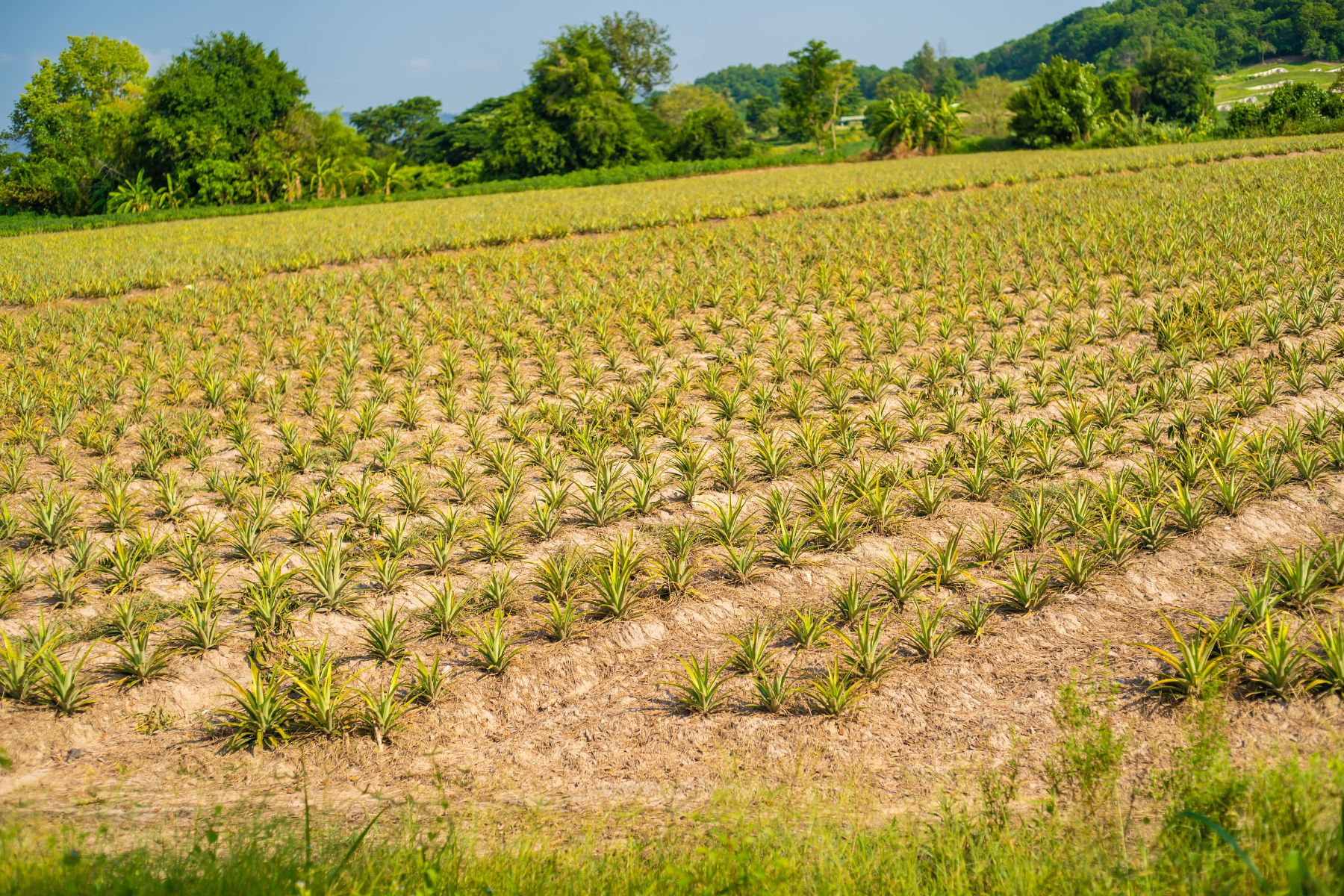
Organic farming is not merely a modern trend but a practice deeply rooted in history, embodying a commitment to sustainable agriculture that transcends generations. The roots of organic agriculture can be traced back centuries, with its foundations grounded in the wisdom of natural farmers who cultivated the land without synthetic fertilizers or pesticides. This historical evolution stems from a desire to farm organically, fostering healthy ecosystems and organic production methods.
The term "organic farming" itself has undergone a transformation over time, evolving from traditional farming practices to a more formalized and regulated system. Early practitioners of organic farming were guided by a simple ethos – to work in harmony with nature. The shift towards modern organic farming, however, gained momentum in response to concerns about the environmental impact of conventional agriculture.
In the mid-20th century, as conventional farming practices embraced synthetic fertilizers and pesticides, organic farmers advocated for an alternative approach. Pioneers like Sir Albert Howard and Lady Eve Balfour laid the groundwork for the organic movement, emphasizing the importance of healthy soil and the interconnectedness of all living organisms. Their contributions marked the beginning of a paradigm shift towards sustainable and organic farming practices.
The organic farming movement gained further momentum with the establishment of the organic standards and regulations. The term "certified organic" became a hallmark, ensuring that farms adhered to the stringent guidelines set forth by organizations such as the USDA National Organic Program and the National Organic Standards Board. This formalization aimed to provide consumers with confidence in the authenticity of organically grown produce.
As organic farming expanded globally, it became a beacon for sustainable agriculture. Developing countries, in particular, found hope in the promise of organic practices, offering an environmentally friendly alternative to conventional farming. The economic viability of organic farming became evident, challenging the notion that conventional production methods were the only path to prosperity.
Today, the historical journey of organic farming continues, shaped by ongoing research, technological advancements, and a growing awareness of the environmental benefits it brings. From its humble origins to the present, organic farming stands as a testament to the enduring human commitment to cultivating the earth responsibly and ensuring a healthier future for generations to come.
Organic Farming Methods: A Dive into Sustainability
Organic farming methods represent a holistic approach to cultivation, emphasizing sustainability, biodiversity, and harmony with the environment. These methods, intrinsic to farming organically, play a pivotal role in nurturing healthy ecosystems and ensuring organic production methods that prioritize the well-being of both consumers and the planet.
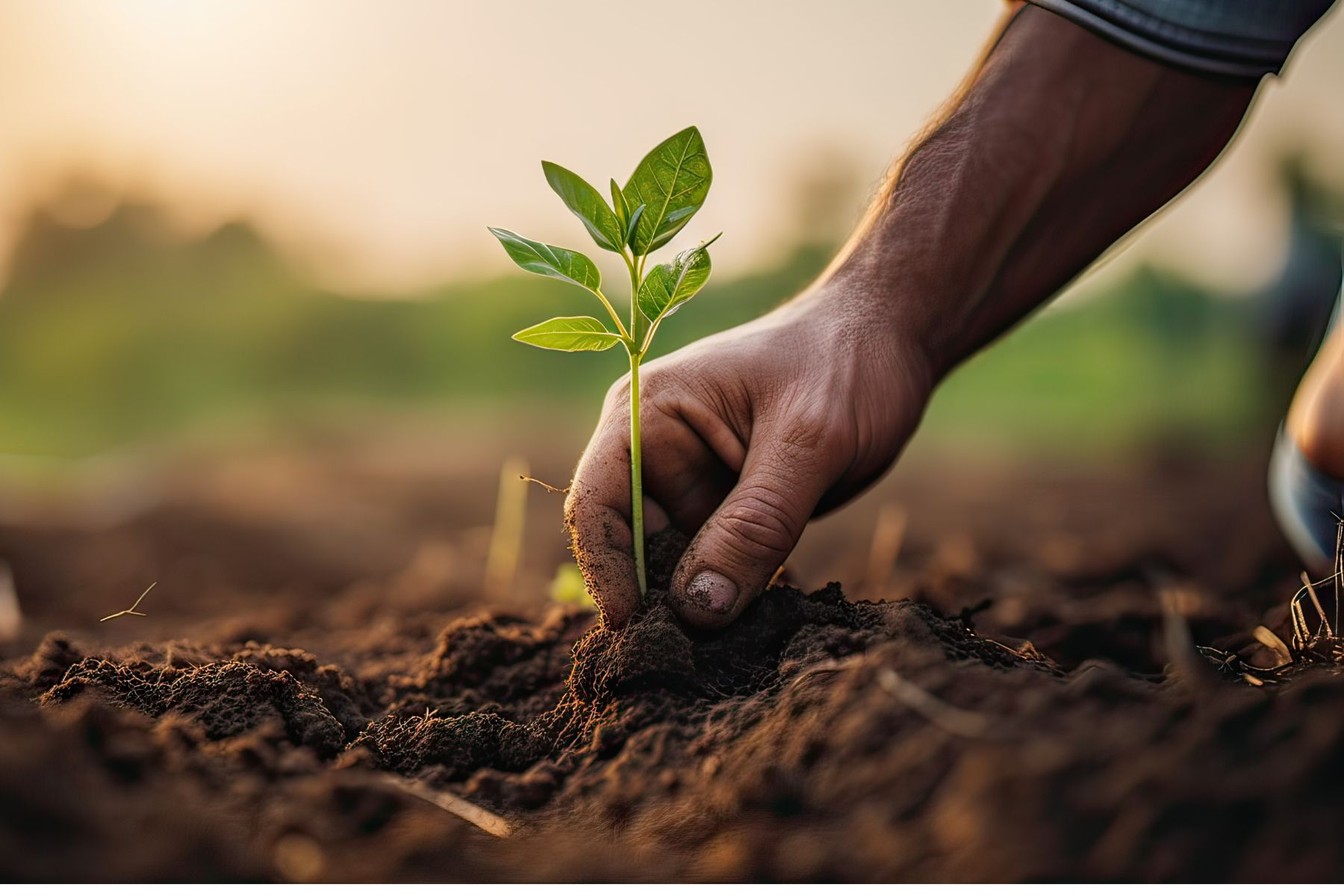
Crafting Harmony: Overview of Organic Farming Practices
At the core of organic farming lies a commitment to crop diversity, recognizing the importance of cultivating a wide array of plants to enhance resilience and promote a balanced ecosystem. Organic farmers embrace this ethos, steering away from monoculture, a hallmark of conventional agriculture. The cultivation of diverse crops not only mitigates risks associated with pests and diseases but also contributes to soil health and fertility.
The Role of Crop Diversity in Organic Agriculture
The cornerstone of organic agriculture is the cultivation of a diverse range of crops. This approach mimics natural ecosystems, fostering a symbiotic relationship between different plant species. Crop diversity not only enhances soil structure and fertility but also minimizes the reliance on synthetic fertilizers, promoting economically viable and sustainable farming practices.
Soil Management Techniques for Organic Farmland
Organic farming places a strong emphasis on nurturing the soil as a living entity. Techniques such as cover cropping, green manures, and crop rotation are integral to maintaining soil health and enhancing organic matter. These practices contribute to improved soil structure, water retention, and the development of beneficial microbes, creating a thriving environment for plant growth.
Weed Management Strategies in Natural Farming
Weed management in organic farming focuses on strategies that are both effective and environmentally friendly. Crop rotation, mulching, and manual weeding are common practices, reducing the need for synthetic pesticides. By embracing these methods, organic farmers ensure that their crops are free from harmful chemicals while maintaining the balance of the natural ecosystem.
Balancing Act: Controlling Organisms the Organic Way
In the realm of organic farming, the control of organisms is approached with a delicate balance in mind. Instead of relying on synthetic pesticides, organic farmers utilize naturally derived pesticides and beneficial insects to manage pests. This approach not only safeguards the health of the crops but also supports the overall biodiversity of the farm.
Livestock in Organic Farming: A Symbiotic Relationship
The integration of livestock is a key component of organic farming, fostering a symbiotic relationship between plants and animals. Livestock contribute to nutrient cycling, providing valuable manure for organic farms. This closed-loop system exemplifies the interconnectedness of organic agricultural systems, creating a harmonious and sustainable environment.
Genetic Modification: Navigating the Organic Landscape
In the realm of organic farming, genetic modification takes a back seat to traditional breeding methods. Organic farmers prioritize preserving the natural genetic diversity of crops, steering clear of genetically modified organisms (GMOs). This commitment aligns with the overarching goal of maintaining organic purity and promoting environmentally responsible practices.
Tools of the Trade: Implementing Organic Techniques
The tools used in organic farming are as diverse as the crops they cultivate. From hand tools for precision weeding to advanced equipment for cover cropping and composting, organic farmers employ a range of tools that align with the principles of sustainability. These tools enable farmers to implement organic techniques efficiently and contribute to the overall success of organic farming methods.
As we dive deeper into the methods of organic farming, it becomes evident that sustainability is not just a goal but a guiding principle. The commitment to eco-friendly practices, biodiversity, and soil health distinguishes organic farming as a holistic and environmentally responsible approach to agriculture.
Organic Standards and Regulations
In the intricate world of organic farming, adherence to stringent organic standards and regulations is the bedrock upon which the credibility of the entire system rests. The term "certified organic" isn't merely a label; it signifies a commitment to following established guidelines that govern every facet of organic production.
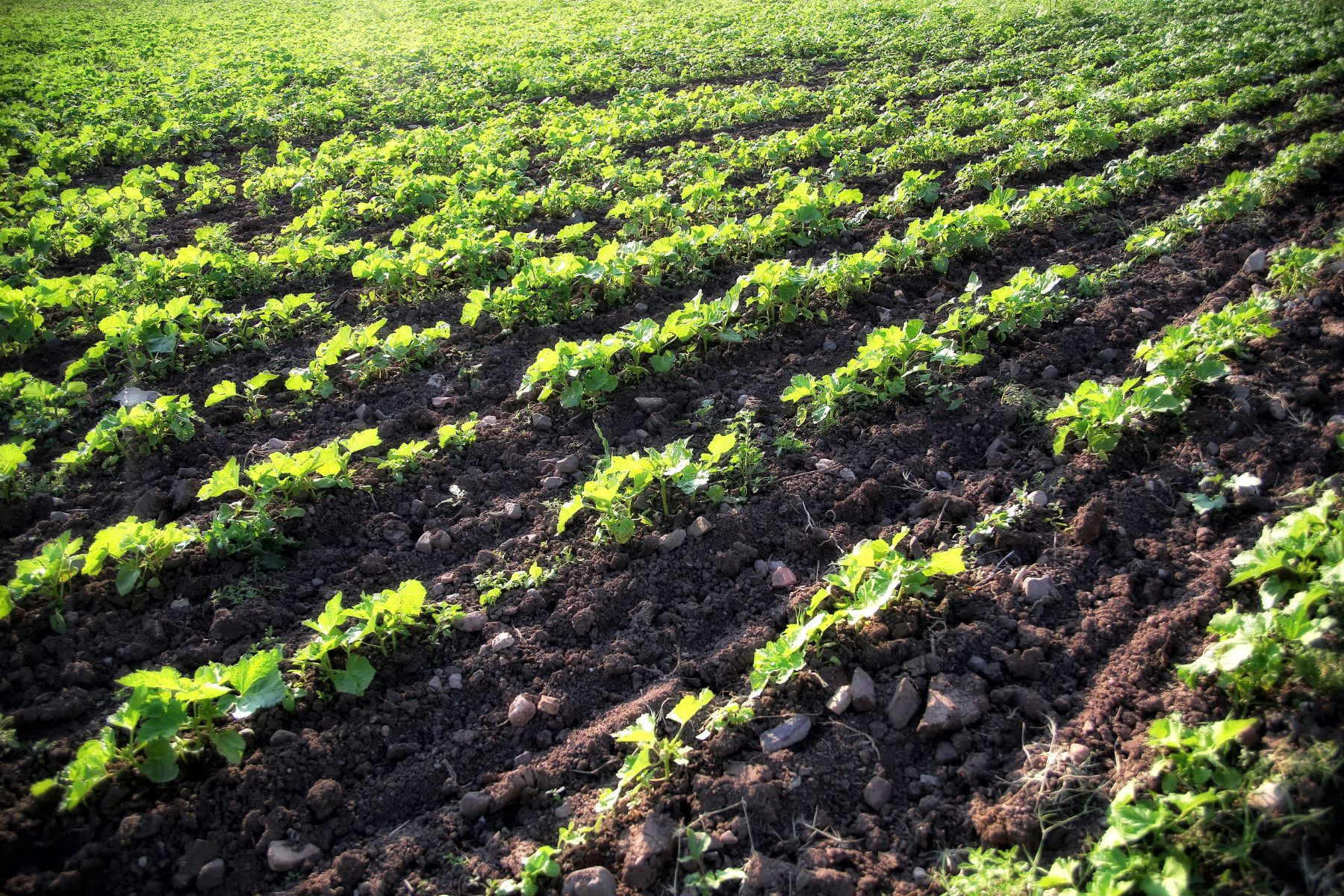
The journey into organic standards often begins with an exploration of the USDA National Organic Program (NOP). This program sets the stage for certified organic land, outlining the rules and regulations that farmers must follow to achieve and maintain their organic certification. Under the watchful eye of the National Organic Standards Board (NOSB), these regulations continuously evolve to reflect the latest advancements in organic practices and technology.
Certification isn't a mere formality; it's a rigorous process that organic farmers willingly undergo to demonstrate their dedication to organic agriculture. The USDA organic regulations dictate the use of organic production methods, ensuring that synthetic fertilizers and pesticides find no place in the cultivation of organic crops. This commitment extends to cover crops, which play a pivotal role in enhancing soil quality and promoting sustainability in organic farms.
The certification process doesn't stop at the farm gate; it extends to the entire organic production system. From soil organic matter to the use of natural pesticides, every element is scrutinized to ensure compliance with organic standards. The goal is to create a transparent and reliable system that consumers can trust when choosing certified organic products.
The USDA National Organic Standards act as a beacon for organic farmers, guiding them on the path of sustainable agriculture. This includes management practices that emphasize the use of beneficial microbes, cover crops, and green manures. The focus on beneficial insects for pest control aligns with the natural environment, avoiding the use of synthetic pesticides that could harm the ecosystem.
Certified organic land is a testament to the dedication of organic farmers to meet and exceed the requirements set forth by organic standards. It encompasses a holistic approach to agriculture, where the use of synthetic substances is minimized, and the emphasis is on practices that enhance soil structure, preserve genetic diversity, and contribute to the overall health of the natural environment.
As we navigate the landscape of organic standards and regulations, it becomes clear that certification isn't just a label; it's a commitment to a set of principles that define the essence of organic farming. The careful balance between tradition and innovation, guided by regulations set by the NOSB and USDA, ensures that certified organic products are not only a symbol of purity but also a promise of sustainability and environmental responsibility.
Frequently Asked Questions About Organic Farming
As interest in organic farming continues to grow, a myriad of questions arises, seeking clarity on the principles, benefits, and intricacies of this sustainable agricultural practice. Let's embark on a journey to address these frequently asked questions and unravel the mysteries surrounding organic farming.
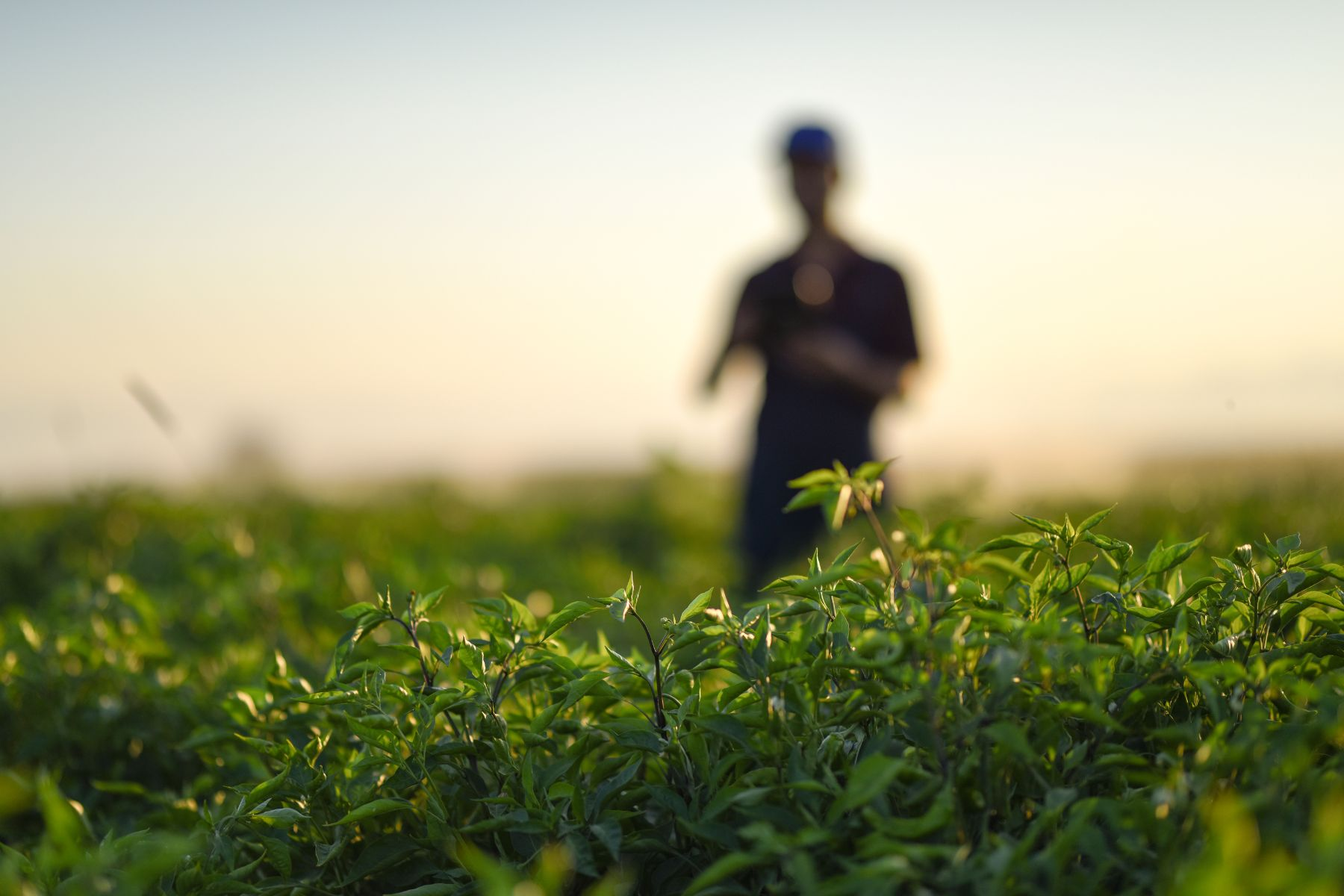
1. What is organic farming and why is it important?
Organic farming is an agricultural approach rooted in sustainability, eschewing synthetic fertilizers and pesticides in favor of natural, eco-friendly practices. Its importance lies in promoting soil health, preserving biodiversity, and producing food free from harmful chemicals.
2. What does certified organic mean and how is certification regulated?
Certified organic signifies adherence to rigorous standards set by organizations like the USDA National Organic Program. Certification involves a meticulous process ensuring compliance with regulations governing organic production methods, including the avoidance of synthetic fertilizers and pesticides.
3. Can GMOs be used in organic products?
No, genetically modified organisms (GMOs) find no place in organic farming. The philosophy is to preserve genetic diversity and ensure the integrity of natural crops, aligning with the principles of organic standards and regulations.
4. How does organic farming help the environment?
Organic farming benefits the environment by reducing the use of synthetic substances, minimizing pollution, and promoting practices like crop rotation and cover cropping that enhance soil health and biodiversity. This, in turn, contributes to the overall health of the natural ecosystem.
5. How does organic farming improve soil and water quality?
Through practices like the use of organic matter, cover crops, and green manures, organic farming enhances soil structure and fosters a healthy soil environment. This, in turn, positively impacts water quality by reducing the risk of runoff and contamination.
6. What is the current state of certified organic agriculture in the U.S.?
Certified organic agriculture in the U.S. is on the rise, reflecting a growing demand for organic products. The USDA National Organic Program plays a crucial role in regulating and supporting the continued growth of organic farming in the country.
7. Are organic yields lower?
While organic yields may initially appear lower, studies show that over time, with proper management practices, organic yields can be comparable to conventional yields. The focus on soil health and sustainability distinguishes organic farming as a viable and long-term approach.
8. Why is it important to invest in organic research?
Investing in organic research is essential for advancing sustainable agricultural practices, improving yields, and addressing challenges unique to organic farming. It ensures continuous innovation and the development of effective organic production methods.
9. What is the Organic Agriculture Research Act?
The Organic Agriculture Research Act is legislation aimed at supporting research focused on organic farming practices. It seeks to allocate resources for studies that enhance the understanding and implementation of sustainable organic agriculture.
10. What organic provisions were approved in the 2018 Farm Bill?
The 2018 Farm Bill included provisions that support and strengthen organic agriculture, including increased funding for organic research, improved crop insurance options for organic farmers, and measures to address fraudulent organic imports.
11. Why does organic cost more?
The cost of organic products reflects the true cost of sustainable, environmentally friendly farming practices. It accounts for the avoidance of synthetic inputs, the emphasis on soil health, and the commitment to sustainable and ethical agricultural methods.
12. Where can beginning organic farmers and farmers transitioning to organic get assistance?
Assistance for beginning and transitioning organic farmers is available through various programs and organizations. Resources include educational workshops, mentorship programs, and financial support offered by governmental and non-profit entities.
13. How does organic farming help mitigate climate change?
Organic farming contributes to climate change mitigation by reducing greenhouse gas emissions, enhancing carbon sequestration in the soil, and promoting sustainable practices that minimize the environmental impact of agriculture.
14. How does organic farming increase resilience to climate change?
The emphasis on biodiversity, sustainable practices, and resilient ecosystems in organic farming enhances its ability to adapt to changing climate conditions, making it a robust and forward-looking approach to agriculture.
As we navigate these frequently asked questions, it becomes evident that organic farming isn't just a method of cultivation; it's a comprehensive philosophy that addresses environmental, health, and ethical concerns, paving the way for a more sustainable and harmonious future.
Organic Agriculture Resources for Farmers
Equipping farmers with the right resources is paramount in ensuring the success and sustainability of organic agriculture. From educational tools to research institutions, a wealth of organic agriculture resources exists to support both aspiring and experienced farmers in their journey toward cultivating the land organically.
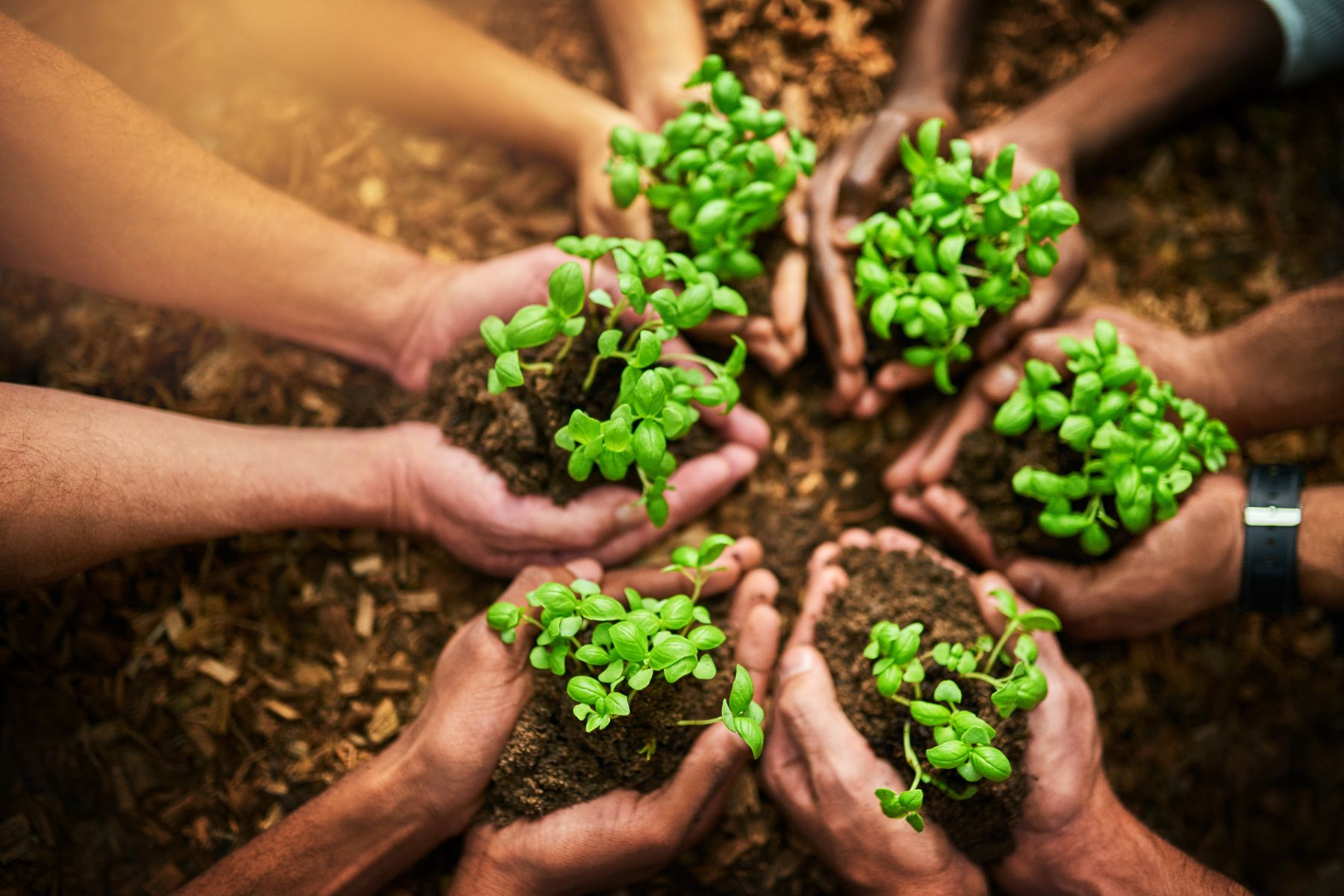
1. University Contributions - Research
Universities play a pivotal role in advancing knowledge and understanding of organic farming. Through research initiatives, these institutions contribute valuable insights into organic production methods, soil management, and sustainable agricultural practices. The University of California, for instance, stands as a beacon in organic research, providing farmers with cutting-edge information and innovative approaches.
2. What is organic farming and why is it important?
Understanding the fundamentals of organic farming is essential for anyone venturing into this sustainable practice. Resources that delve into the basics, including the importance of organic agriculture and its impact on soil health and biodiversity, serve as foundational tools for farmers seeking to adopt or enhance their organic practices.
3. Need Help Transitioning to Organic?
Transitioning from conventional to organic farming can be a challenging but rewarding journey. Resources that offer guidance and support during this transition phase are crucial. Whether it's information on organic certification, transitioning strategies, or assistance programs, these resources provide a roadmap for farmers making the switch.
4. How does organic farming improve soil and water quality?
Specific resources outlining the positive effects of organic farming on soil and water quality are invaluable. Farmers can access information on organic practices such as cover cropping, green manures, and reduced synthetic input use, all of which contribute to healthier soils and improved water quality.
5. Can GMOs be used in organic products?
Clarity on the non-use of genetically modified organisms (GMOs) in organic farming is essential. Resources that explain the philosophy behind excluding GMOs from organic practices, along with the regulations that enforce this, help farmers align their understanding with the principles of organic standards.
6. What is the current state of certified organic agriculture in the U.S.?
Staying informed about the current state of certified organic agriculture in the U.S. is vital for farmers navigating the organic landscape. Resources that provide up-to-date statistics, trends, and market insights empower farmers to make informed decisions and adapt their practices to the evolving organic sector.
7. Why is it important to invest in organic research?
Recognizing the importance of investing in organic research is a key aspect of sustainable agriculture. Resources that highlight the significance of research in enhancing organic farming practices, improving yields, and addressing challenges contribute to a broader understanding of the long-term benefits of organic research investments.
8. What is the Organic Agriculture Research Act?
Farmers seeking to delve deeper into the legislative landscape surrounding organic agriculture can benefit from resources explaining the Organic Agriculture Research Act. Understanding the implications of this legislation, including its provisions and impact on funding for organic research, empowers farmers to advocate for the continued growth and support of organic agriculture.
9. Why does organic cost more?
Resources addressing the cost dynamics of organic farming shed light on the factors that contribute to the higher prices of organic products. Farmers can access information on the true costs of sustainable, environmentally friendly farming practices, helping them communicate the value of their organic produce to consumers.
10. Where can beginning organic farmers and farmers transitioning to organic get assistance?
Practical assistance for beginning and transitioning organic farmers is essential for a smooth and successful integration into organic practices. Resources that provide information on mentorship programs, educational workshops, and financial support options guide farmers through the initial stages of adopting organic farming.
11. How does organic farming help mitigate climate change?
Understanding the role of organic farming in mitigating climate change is crucial for environmentally conscious farmers. Resources that delve into the sustainable practices employed in organic agriculture, such as reduced greenhouse gas emissions and enhanced carbon sequestration, empower farmers to contribute to climate change mitigation.
12. How does organic farming increase resilience to climate change?
Resources exploring the resilience of organic farming to climate change help farmers prepare for and adapt to shifting environmental conditions. Information on biodiversity preservation, sustainable practices, and ecosystem resilience equips farmers with the knowledge needed to navigate and thrive in a changing climate.
Therefore, these organic agriculture resources form a comprehensive toolkit for farmers, offering insights into the principles, practices, and challenges of organic farming. By leveraging these resources, farmers can not only enhance their understanding of organic agriculture but also contribute to the sustainable and resilient future of farming.
Conclusion
In the organic farming landscape, where nature's candy meets sustainable practices, our journey concludes. Organic farming, rooted in history, embraces a philosophy of harmony between humans and the environment.
From crop diversity to stringent standards, organic farmers wield a toolkit blending tradition and innovation. Certified organic isn't just a label; it's a commitment to eco-friendly practices and organic production methods.
Addressing frequently asked questions clarifies the basics and demystifies organic farming, fostering understanding among farmers and consumers alike.
Equipping farmers with resources, from university research to legislative insights, empowers them on the path to sustainable agriculture.
In essence, organic farming isn't just about cultivation; it's a commitment to a lifestyle valuing soil health, crop purity, and ecological interconnectedness. As we envision a sustainable future, organic practices stand as a beacon of hope, promising a healthier planet and bountiful harvests. The journey continues, marked by dedication to nature's candy and a promise of sustainable abundance.

